Skift Take
Few people have given more thought to boutique hotels than Frances and Ariela Kiradjian. Today they believe boutique hotels need smarter local partnerships, more design that's functional as well as stylish for our post-Instagram era, and more wellness offerings than just yoga.
When Frances Kiradjian started the Boutique Lifestyle Leaders Association (BLLA) in 2009, her friends seriously questioned the idea.
“People thought before 2009 that the boutique lifestyle was dead,” she said. “Even some of the brands that big guys had eaten up decided they wouldn’t use the word ‘boutique’ anymore.”
Flash forward to today, and the industry is thriving — leading the way in hotel experience and design. And those big chains? They’re trying to claw back into the space with launches like Accor’s Handwritten Collection last month and Marriott’s expansion of Design Hotels.
While the pandemic battered the travel industry, it also raised the profile of the boutique sector. More travelers now seek out smaller and more authentic places to stay.
“The pandemic lit a big old fire under it,” said Frances. “It’s grown and grown, and the smaller brands are expanding. They finally have the investors behind them.”
Frances and her daughter, Ariela Kiradjian, today run all of the Boutique Lifestyle Leaders Association. They’ve talked to all the major leaders and innovators in the segment. And they’ve pinpointed a handful of key trends for boutique hotel owners to note.
Instagram Has Peaked
Pre-pandemic, the industry was wondering if social media was ruining travel.
The question was: “How many cool hotels can I go to on one trip and take pictures?” said Ariela.
While images of travel will still, no doubt, fill our social feeds (and continue to be a marketing tool for hotels), there’s a growing push toward slower, more deliberate travel.
“Social media is getting away from the flashiness and the bragging,” said Ariela.
She sees travelers starting to go back to the same boutique hotel — one that feels like home and that aligns with their values — rather than playing a game of property counting and “whoever visits the most places wins.”
“Travelers will have deep affinity for the hotel and the hotelier,” said Ariela. In this way, they’ll be choosing a quality experience over quantity.
Hoteliers should target their marketing toward a lifestyle rather than to travelers generally. It’s time for many hoteliers to rethink and fine-tune their social and other marketing campaigns for this moment. Think of subtle cues to hit the emotional buttons of their target audience.
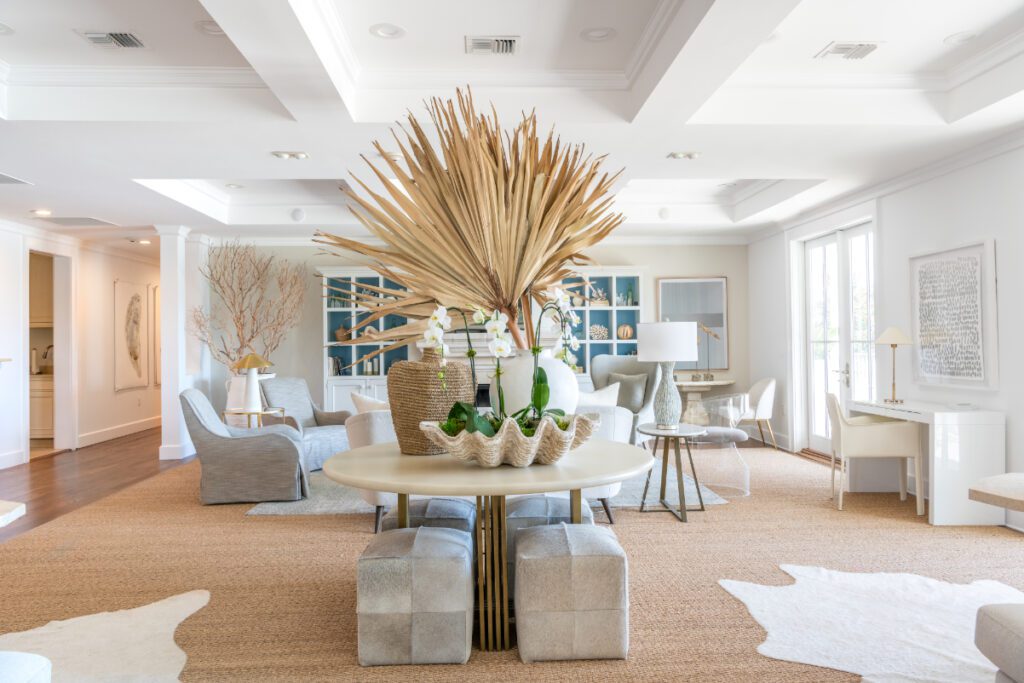
Partnerships Grow in Value
The pandemic gave customers a chance to reflect on what’s truly original and what’s a facade.
“Because of that downtime, customers were able to start seeing through the BS even more,” said Ariela.
That’s resulted in a growing group of travelers who don’t want anything cookie-cutter in their trips.
“The independent coffee shop has the same customer as the independent boutique hotel versus someone staying at the Hilton Garden Inn,” said Ariela.
To appeal to this authenticity-seeking customer, Ariela thinks the key question is: “How can hotels create overnight experiences true to the boutique lifestyle?”
That could mean partnering more often with unique local vendors or serving as a platform for local artists and artisans. Boutique hotel collaborations should be well-vetted, too, with partners as distinctive and homegrown as possible to represent a microcosm of the locality and appeal to emerging lifestyle interests.
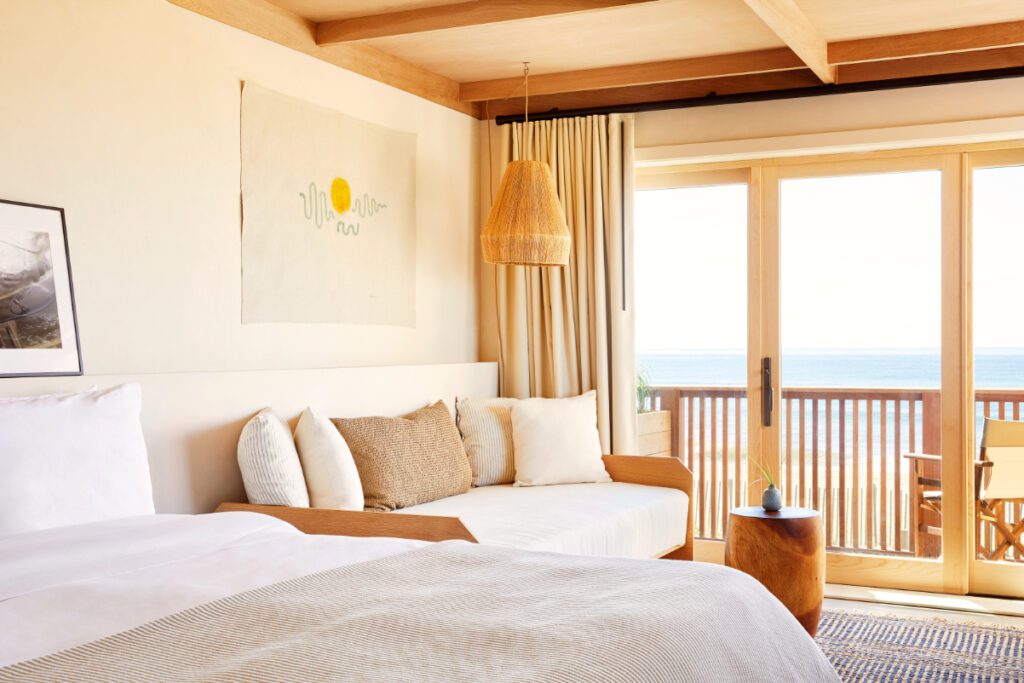
Connection Is a Competitive Edge
Frances and Ariela think some of the best boutique hotels right now are those that have the biggest imprint from the owner.
“There’s energy from the owner, and sometimes it’s tangible, and sometimes it’s intangible,” said Ariela. “Maybe the owner went to a cool winery in Argentina and tried an amazing malbec, so now that malbec is served at the hotel.”
Guests benefit from a unique experience when an owner weaves in their passions.
You know you’re doing it right as a hotelier, they said, when the boutique owners and their guests feel like they could be friends.
“Atit Jariwala of Walker Hotels has a property in Montauk and one in California, and he should stand out in front because he matches the lifestyle of his guest,” said Ariela. “He’s so down-to-earth with no arrogance at all and is a great example of an owner having a similar lifestyle to the guest.”
The style of his Montauk property, Marram, is “barefoot luxury.”
Frances and Ariela see an upswing in boutique hoteliers bringing their personal life — whether that’s a love of wine, surfing, or music — to the business.
“We say, ‘Don’t go with a big brand because you can integrate your passions into your own brand,’” said Frances.
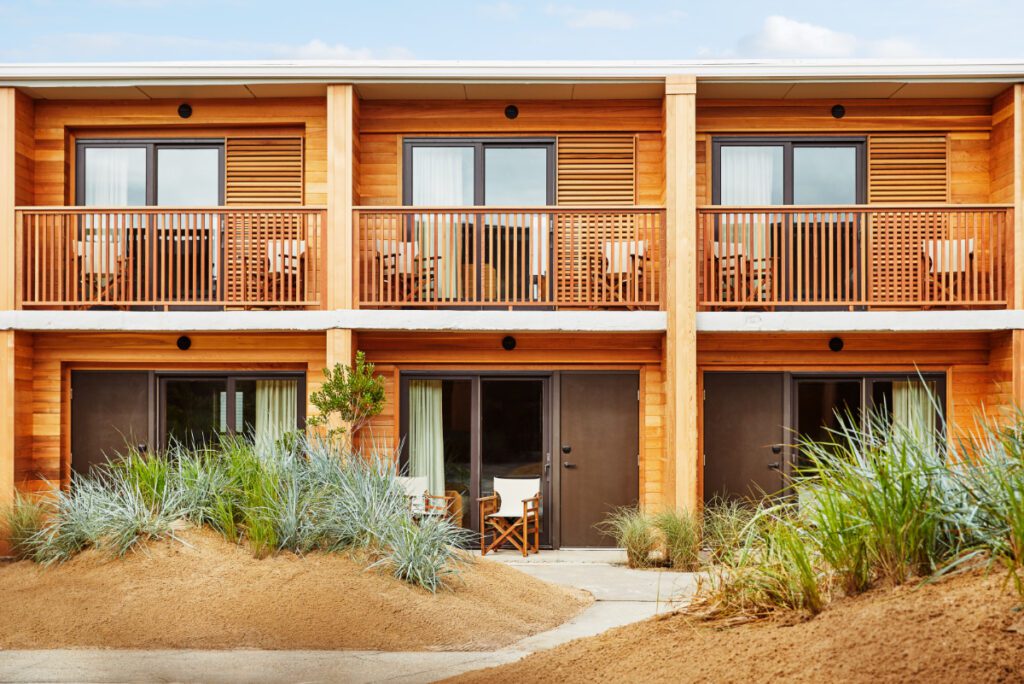
Functional Design
There’s been such a focus on hotel design that it’s only a matter of time before “design fatigue” sets in.
Sure, there will still be super forward-thinking design hotels, they said, but functionality will also become a more central theme.
“Instead of focusing on ‘How can I get 500 design awards?’ it will shift to ‘How can I also make it functional?’” said Ariela. “We’ve missed that for quite a while.”
In terms of architecture, Frances and Ariela see the trend toward adaptive reuse — renovating old buildings and hotels rather than creating new ones — only continuing to grow.
“It might be a Gen Z thing, and I’m Gen Z, but I don’t want to stay at a new build hotel,” said Ariela. “I want to stay in a building that has history — it can even be the ’90s or early 2000s.”
Also, the push toward more sustainability in hospitality will only drive the adaptive reuse trend.
“It’s about honoring and respecting the land that you’re on,” said Ariela.
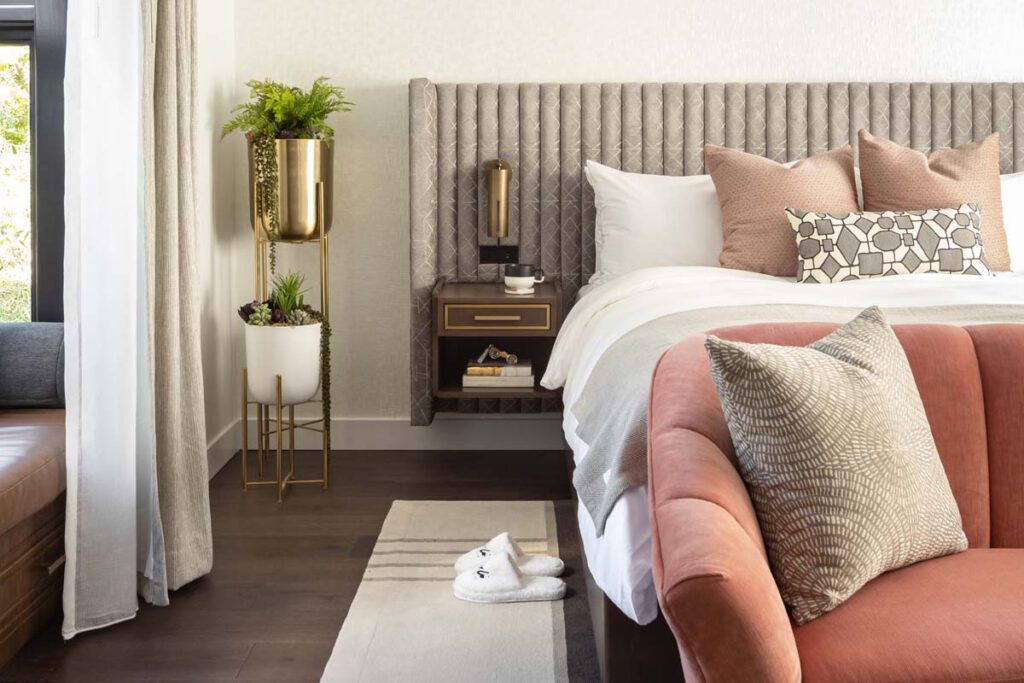
Wellness Beyond Yoga
The rush to jump on the wellness movement meant hotels added perks like bottles of calming essential oils or yoga mats in the room. The trend now, though, is to think beyond these small bonuses.
“Wellness goes a lot deeper than yoga mats,” said Ariela. “Yoga’s great, but let’s keep going.”
Aspirationally, wellness will become more than an occasional, trendy amenity — and more like a staple linked to integrated well-being.
When it comes to food, boutique hotels need to go further than providing healthy offerings.
“It’s not just buying local, but re-generating the earth,” said Frances.
Many boutique hotels, for example, have begun planting gardens to serve truly local fruits and vegetables.
Wellness can also extend into how a hotel treats its frontline workers.
“Mental health is a big part of this, and so is how you’re treating your staff,” said Ariela. “If the staff are being emotionally abused, the guest is going to pick up on that negative energy.”
Boutique hotels can be the industry’s changemakers when it comes to improving the well-being of staff, they said.
“I was on a call with a new boutique hotel brand, and its ethos is that front-line workers will get paid more no matter what it takes,” said Frances.
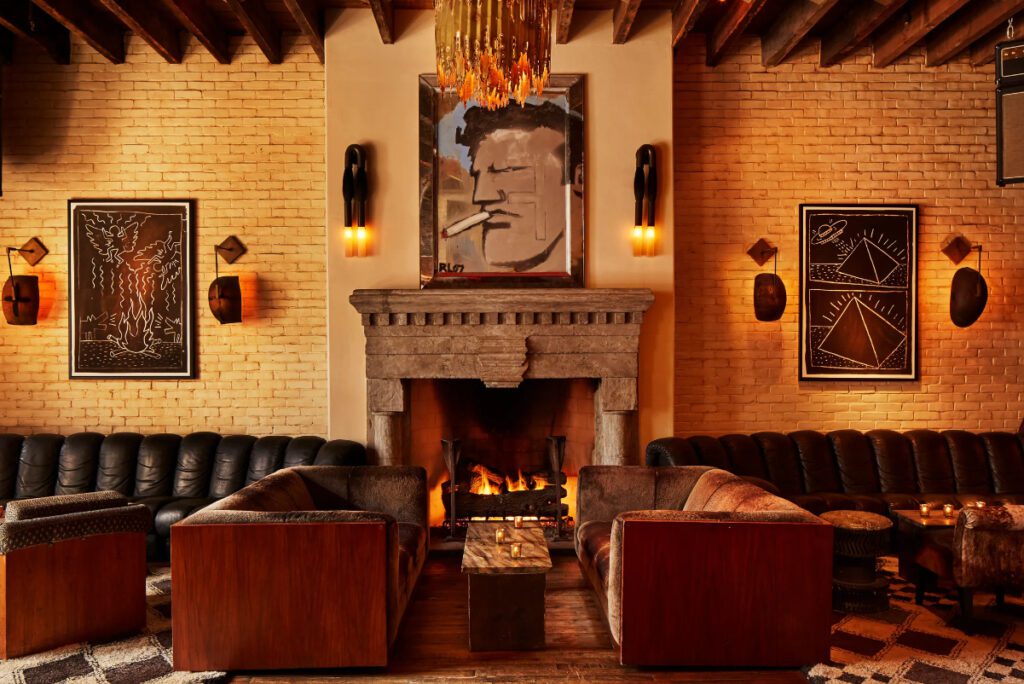
More Growth Ahead
Given all the industry consolidation since the original boutique hotel boom, skeptics are prone to thinking boutiques will give way to soft-branded collections run by distant corporate offices. But Frances and Ariela are optimists.
For the boutique lifestyle industry to continue to expand, Frances and Ariela think there are some key things they need to happen.
For starters, boutique hotels need to consider themselves incubators for innovation.
“Technology has always been lacking in hospitality, but boutique hotels are independent and can do what they want, so they can experiment and talk amongst each other,” said Frances.
“You’re not competing against other boutique hotels, but rather the big chain down the street.”
It’s also a good idea for boutique hotels to keep a collaborative — rather than an arrogant — mindset.
“We don’t have speakers at our conferences anymore, but instead facilitators,” said Ariela about their events. “We have filtered out who is coming out of arrogance, and if you don’t want that, it’s not a good fit.”
One of the biggest ongoing challenges the Boutique Lifestyle Leaders Association is trying to solve is how to get better data filtered for boutique hotels specifically.
“Independent boutique hotel reports are all sponsored by the big brands, so it’s not real data,” said Ariela. “Our members feel like they’re not seen.”
Their team is working on the boutique hotel data problem, with three research-based partnerships in the works.
And while it may seem like big brands are their rivals, Frances and Ariela see their work as stemming purely from a love of all things boutique.
“We’re not bashing big brands or certain travelers,” Ariela clarified. “We’re just passionate about this segment and want independent boutique hotels to flourish.”
Tags: boutique hotels, design, future of lodging, hotel design, hotel development, independent hotels, social media, social media marketing, wellness
Photo credit: A place to reconnect with what matters, not just a place photograph. Rockhouse Hotel in Negril, Jamaica. Source: Rockhouse Hotel.
